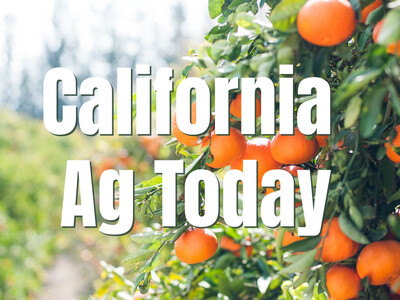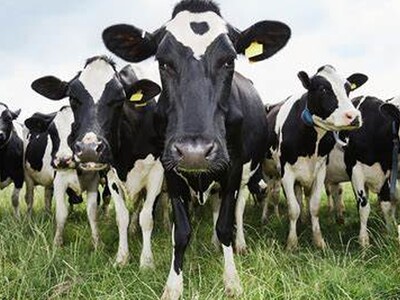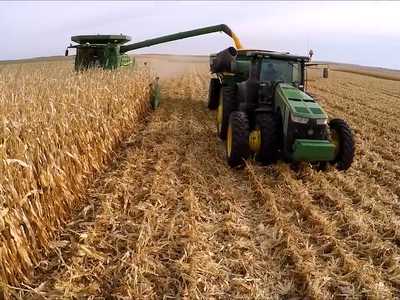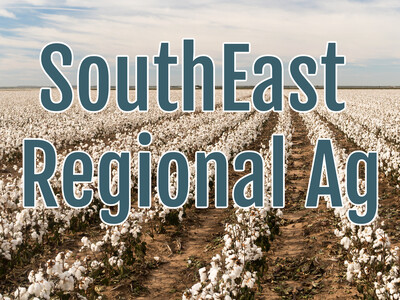More On Organics & West Nile Reminder
More On Organics & West Nile Reminder plus Food Forethought. I’m Greg Martin with today’s Northwest Report.
A Stanford report on organics is getting a lot of attention. National Pork Producers Council Chief Veterinarian Liz Wagstrom says the Stanford study of 237 other papers on organic versus conventional foods was not conclusive. Germs in non-organic pork and chicken together had a 33-percent higher chance of being resistant to antibiotics - but Wagstrom says organic pork also had germs.
WAGSTROM: Organic pork actually had a 33% higher level of E.coli on it that did the conventional pork. And Salmonella and Campylobacter they didn’t actually report the content of, or the actual prevalence of meat that might have those bacteria on it.
Lacy will look at organics in just a moment.
The Idaho State Department of Agriculture reminds everyone to take precautions to protect equines including horses, mules, asses and zebras and small camelids like llamas, alpacas, vicunas against the West Nile virus. A number of positive West nile cases have been found around the northwest and at least one horse has been put down. Two Idaho state agencies have developed “Fight the Bite” brochures to inform the public, horse owners and hunters on what they can do to prevent mosquito bites and the transmission of West Nile virus.
Now with today’s Food Forethought, here’s Lacy Gray.
Has organic food fallen out of favor? Last week a new report touted organic produce as not being any better nutritionally than conventional food. So you have to wonder, is the “bloom off the rose”? Probably not. The organic market has just morphed a bit. If you go back a few years to the peak of organic food’s popularity, you’d notice that everybody and their dog wanted to jump on the organic label bandwagon, sometimes without having the actual organic substance to back it up. This has perhaps made the need for being organically certified less important. That doesn’t mean that the heart and soul of the organic food movement has withered up and died, but it does mean that perhaps it’s matured. Many organic foodies have come to realize they would much rather buy food that, while maybe not organic, was locally grown and sustainable, as opposed to being organic food shipped from thousands of miles away. People have found that it isn’t so “black and white” as they previously thought. It never has been as simple as saying all organic farming is good, and all conventional farming is bad, and it never will be. The fundamental principles that define good farming cannot be pigeonholed so easily.
Thanks Lacy. That’s today’s Northwest Report. I’m Greg Martin on the Ag Information Network.















